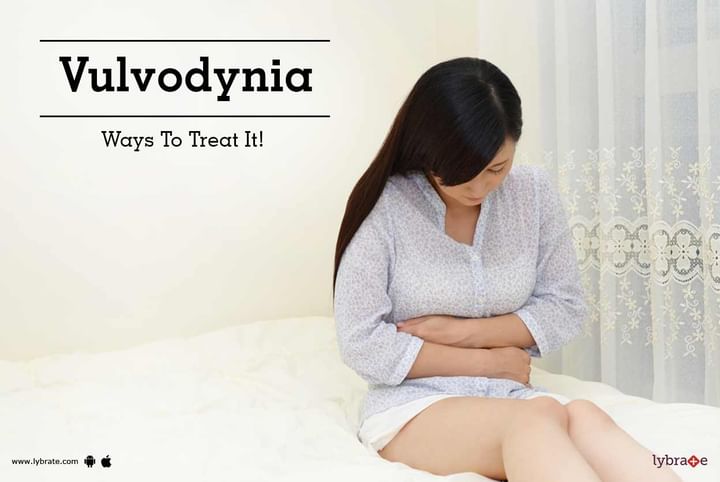Vulvodynia - Ways To Treat It!
Many women experience pain in their genitals intermittently or a few times during their lives which may be caused by varying factors. However, when pain in the vulva and the surrounding area occurs in regular cycles or constantly without any underlying reasons, it is known as Vulvodynia. This is characterized by pain in the vulva, the surrounding areas, the entrance to the vagina and the urethra. Let's look at some of the treatment options for Vulvodynia:
1. Topical or local anesthetics: As Vulvodynia is a condition due to the abnormal sensitivity of the area surrounding the vulva, using anesthetics will help to ease the pain. Treatments like ointment and sprays will numb the area and ease the symptoms. This can even be applied before sexual intercourse if it is a trigger for pain.
2. Injections that act as nerve blocks: Some women may experience sensitivity as they may have neural problems and due to this sensitivity in the nerves in the genital area, may suffer from Vulvodynia. This is usually treated with nerve blocks or medications that reduce the sensitivity of the nerves. This should be only after consultation with the doctor.
3. Biofeedback therapy: There are certain forms of physical therapy which can be employed to reduce pain from Vulvodynia. Biofeedback therapy primarily deals with this problem by teaching patients to relax muscles.
4. Physical therapy of the pelvic floor muscles: This is also a common therapy where the patients are taught to relax and control the pelvic muscles. These are the muscles which support the bowel, the bladder and the uterus and specific exercises will help relax them, reducing the symptoms as well as decreasing the incidences of intermittent Vulvodynia.
5. Medications: This is the most common treatment for Vulvodynia. Various medications can be prescribed to patients depending on the type of pain they experience, such as Antihistamines for itching, tricyclic antidepressants for chronic pain among others. Steroids and anticonvulsants are also used to reduce pain.
6. Surgery of the affected area: If your pain is chronic and can't be treated by any other method, then doctors might suggest surgery to remove the bits of tissue from the affected area to reduce sensitivity and pain. However this is done only in the rarest of cases. In case you have a concern or query you can always consult an expert & get answers to your questions!



+1.svg)
